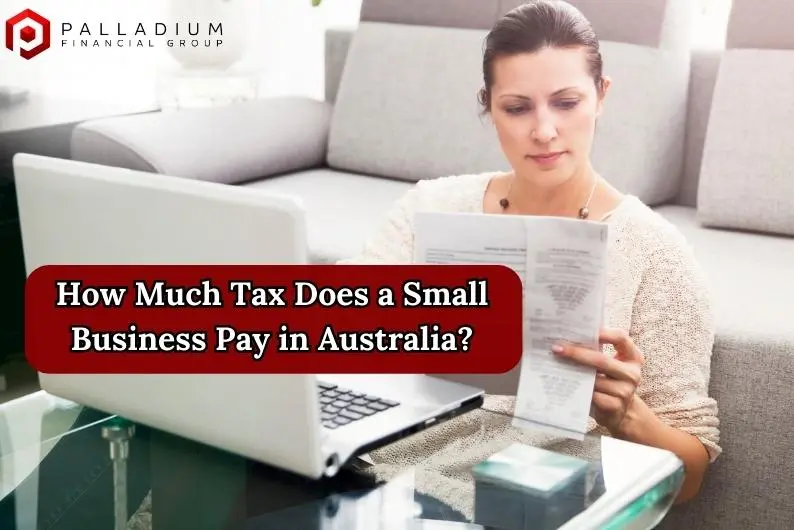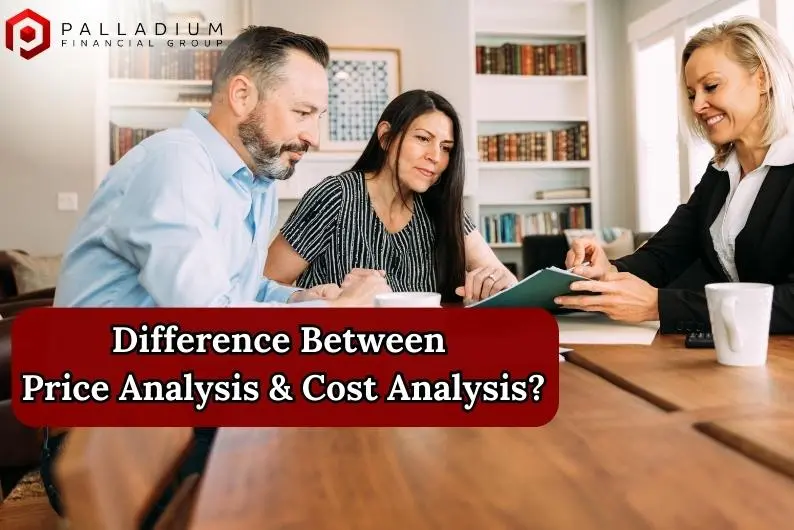
A sole trader is one of the four small business structures in Australia, and of all four, it is the easiest to set up and run. When it comes to paying taxes, the key benefit that a sole trader offers is that you can pay the tax at the individual income tax rate. Like other businesses, knowing what you can claim will also help you reduce your sole trader tax bills when the taxation season comes. We have created this blog to discuss all the details related to sole trader tax deductions in Australia to ease your job.
As per the standard definition, a tax deduction is a cost that you can subtract from your taxable income, and thus it helps reduce the total payable amount.
For example, your total income in the financial year maybe $75000, while the business-related expenses you have incurred are $10000. In that case, you can deduct this $10000 from your annual income and can pay $65000 to the Australian Taxation Office (ATO).
As per ATO rules, you can claim most business running expenses as tax deductions. However, make sure the deductions meet the following three eligibility criteria before you claim.
Doing a sole trader business means you are self-employed, and in that case, you can claim expenses against your income.
If your expenses are directly related to operating your business and earning an income that can be assessed, they are appropriate to claim in your tax return. According to the ATO, the following expenses can be claimed.
There are several ordinary business running costs that you can claim as tax deductions. These costs include:
You will need office space to run your business, which you may purchase or rent according to your budget. The good thing is that you can claim these office expenses, such as:
However, you must pass the interest deductibility test to claim a deduction for these occupancy costs. Also, note that you cannot claim these expenses if PSI (personal services income) rules apply to your business.
If you operate from your home, you can claim a portion of your occupancy costs related to running your business. Home office expenses include:
Capital and depreciation expenses are spent on things with longer lifespans. These costs can be claimed over more than one year and include:
Only the business portion can be claimed if the capital expense is related to both private and business use. Broadly, capital expenses are a part of the occupancy costs.
In Australia, sole traders whose annual turnover is under $500 million have the option to claim an instant deduction on assets that cost less than $150000 in the year the business owners have bought them.
For example, if you have spent $10000 to purchase important office equipment in a particular financial year, that full amount can be claimed as a deduction in the business tax return.
However, due to the ongoing COVID-19 pandemic, the economic sector has faced a tremendous downfall, and so this threshold has recently been increased by the ATO.
If you use a motor vehicle for your business, you can claim the following car costs:
You must also remember that you can claim only those expenses you have incurred to run your business. For example, if 50% of the car use is aimed at work purposes, 50% of the costs can be claimed as a tax deduction.
The Australian Taxation Office recommends that sole traders use a diary or logbook to maintain a proper vehicle usage record.
You may also have to travel to other cities or countries to meet business commitments. In that case, you claim various business travel costs, which include:
For accurate details, you can check the small business travel expenses guide of the ATO.
Repair and maintenance costs are an important part of business finances, and they can also be claimed as tax deductions. These expenses include:
You may enrol in special courses to upgrade your business skills and abilities. Various business courses are available in Australian colleges to both freshers and professionals. Depending on your requirements, you may enrol in a Diploma or Degree course, and the fee can be claimed as a tax deduction.
You may also subscribe to business journals and become a member of professional organisations. Those expenses are also eligible to be claimed.
You might have clearly understood specific sole trader deductions according to the ATO regulations by now, and the deductions we have discussed here are general deductions. For important advice on which deductions will specifically apply to your company, you can take help from a sole trader tax accountant, and you can contact Palladium to talk to an accountant.



Copyrights © Palladium Financial Group 2024